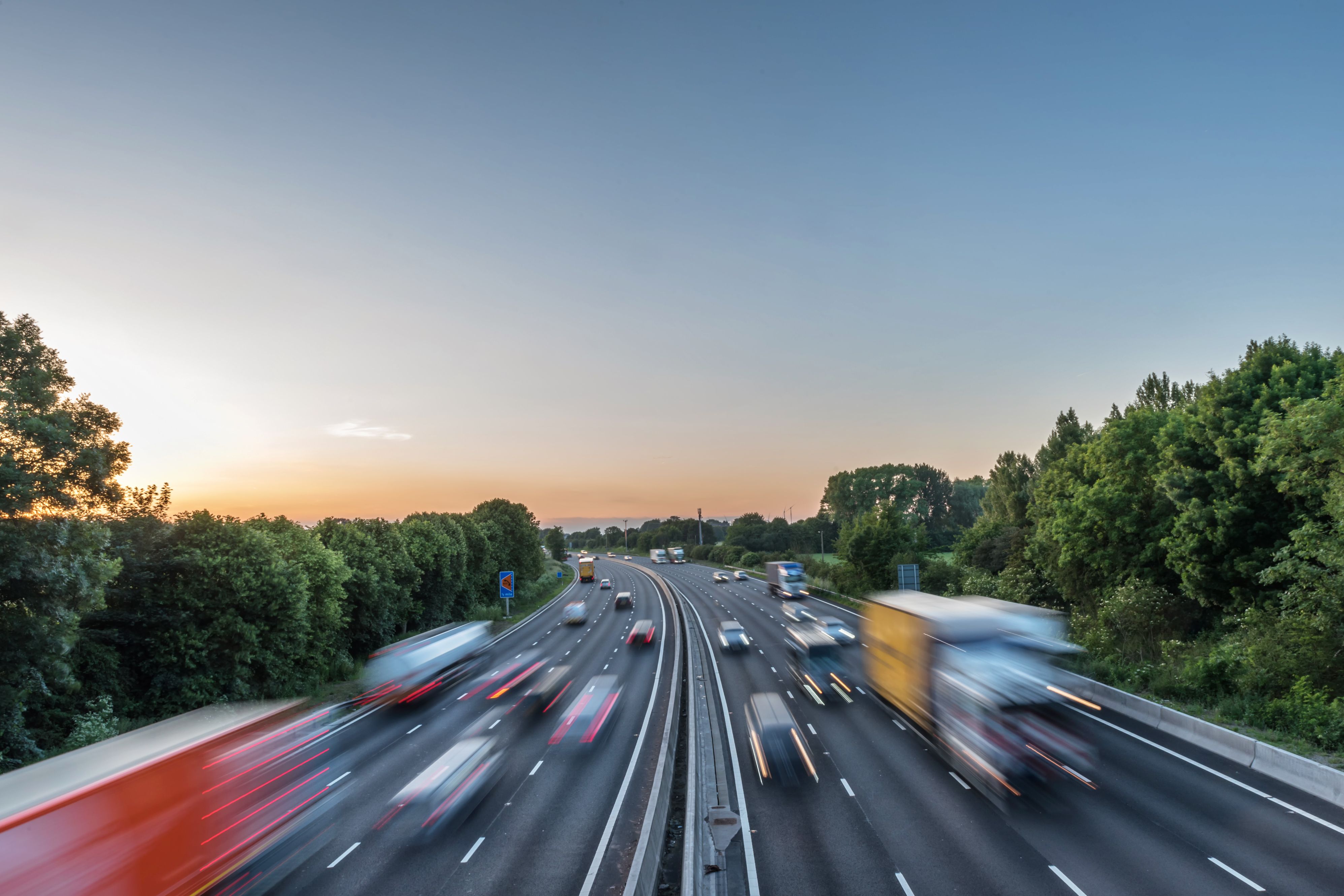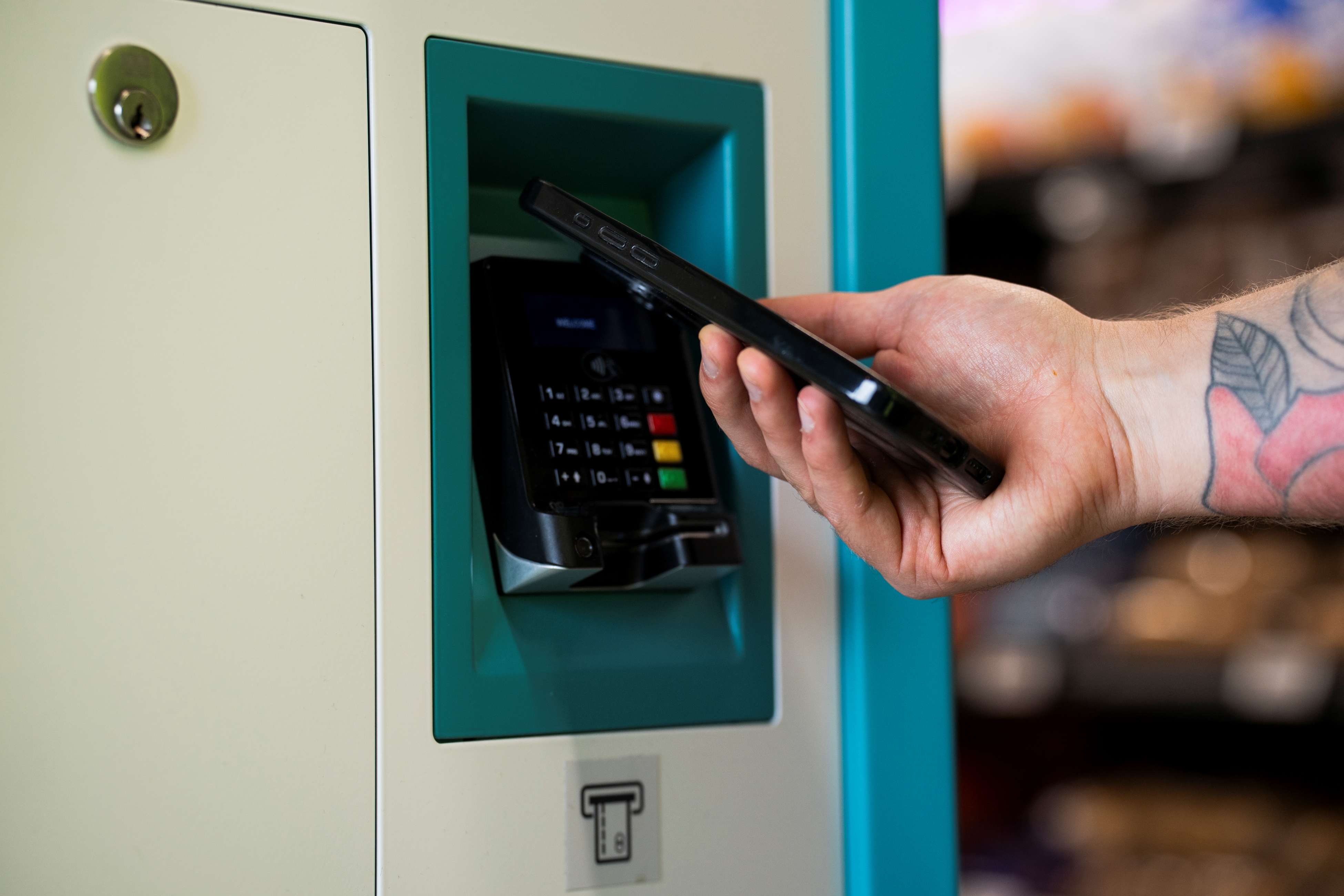
Miranda Blake
Как логистическая индустрия может обеспечить безопасность и удобство для европейских водителей грузовиков
Создано: 08.01.2025
•
Обновлено: 08.01.2025
Благодаря внедрению новых правил, использованию технологий и заботе о благополучии водителей логистическая отрасль может работать над созданием более безопасного будущего для дальнобойщиков, одновременно повышая удобство перевозок.
Но как именно все это воплощается в жизнь? Читайте дальше, чтобы узнать...
Осведомленность об опасных автомагистралях Европы
Ранее мы уже проводили исследование [https://snapacc.com/hazardous-highways/], которое пролило свет на самые опасные дороги в Европе, выявив такие страны, как Болгария и Чехия, где зафиксирован самый высокий средний уровень смертности на 10 000 миль дорожной сети.
Этот анализ крайне важен для понимания того, где риски наиболее высоки, и выявления необходимости целенаправленных мер по повышению безопасности. Вооруженные этой важной информацией, водители могут лучше подготовиться к поездке, а также сделать осознанный выбор маршрута и остановок для отдыха.
Роль технологий в повышении безопасности
Важную роль играют такие инновации, как системы GPS-навигации, обновление информации о дорожной обстановке в режиме реального времени и передовые системы помощи водителю (ADAS). Такие технологические достижения не только предоставляют важные данные о состоянии дорог, но и помогают дальнобойщикам принимать взвешенные решения о своих поездках. Например, системы GPS могут предложить альтернативные маршруты, позволяющие избежать потенциально опасных участков, а обновления дорожной обстановки предупреждают о задержках или авариях. В результате водители получают больше возможностей [оптимизировать свои поездки] (https://snapacc.com/newsroom/route-optimisation-with-fleet-management-software-snap-account/).
Кроме того, такие приложения, как intruck, предоставляют им доступ к подробной информации об остановках грузовиков по всей Европе, позволяя найти подходящие места для отдыха - это особенно полезно для тех, кто путешествует на большие расстояния и должен регулярно делать перерывы, чтобы соблюдать законодательство, бороться с усталостью и сохранять концентрацию.
Важность качественного отдыха
В прежние годы из-за отсутствия доступного и недорогого жилья у многих водителей не было другого выбора, кроме как проводить перерывы в такси, что часто приводило к некачественному отдыху, который мог пагубно сказаться на их здоровье и безопасности.
В последнее время все больше внимания уделяется тому, чтобы у дальнобойщиков была возможность отдохнуть в подходящем жилье. Транспортные компании должны брать на себя ответственность за организацию проживания в гостиницах или использование специальных помещений для отдыха. Хотя это может повлечь за собой дополнительные расходы, это дает возможность инвестировать в благополучие сотрудников, что в конечном итоге приведет к повышению уровня удовлетворенности работой и удержанию персонала.
Реализация решений для размещения
Чтобы соответствовать нормам, снизить риски, связанные с усталостью, и повысить общую безопасность своих водителей, операторы автопарков могут использовать следующие подходы:
● Установление партнерских отношений с местными отелями или остановками может обеспечить водителям доступ к комфортному месту для отдыха
● Пользование приложениями и онлайн-платформами может помочь дальнобойщикам найти ближайшие места для проживания, упростить процесс и повысить общую эффективность.

Как SNAP поддерживает дальнобойщиков
SNAP меняет правила игры для тех, кто работает в этом секторе, предлагая цифровые решения, которые ставят во главу угла безопасность и удобство. Автопарки и дальнобойщики теперь имеют доступ к расширяющейся сети услуг, призванных сделать поездки более плавными и безопасными.
Цифровое удобство
В основе наших предложений лежит цифровая торговая площадка, которая упрощает различные аспекты:
● Платежи: SNAP используется каждые 13 секунд в Европе для оплаты услуг на остановках, что избавляет дальнобойщиков от необходимости тратить деньги из собственного кармана и требовать потом возмещения расходов.
● Парковка: intruck помогает водителям находить и заранее бронировать места для парковки по маршруту следования, причем многие из них обладают повышенным уровнем защиты для повышения безопасности.
● Упрощенные услуги: Наша платформа позволяет дальнобойщикам оплачивать парковку, мойку и другие услуги, используя только номерной знак своего автомобиля.
Безопасность превыше всего
Это остается для нас главным приоритетом. Недавно мы расширили нашу сеть, включив в нее объекты в Австрии, Болгарии, Чехии, Греции, Венгрии, Италии и Румынии. Многие из них имеют улучшенную инфраструктуру безопасности, что позволяет удовлетворить острую потребность в безопасных ночных парковках.
Более того, у нас есть специальное подразделение [SNAP Access & Security] (https://snapaccessandsecurity.com/), которое предлагает индивидуальные решения для защиты помещений от угроз преступлений, связанных с грузоперевозками, повышая общую безопасность водителей и грузов.
Взгляд в будущее с SNAP
Дальнобойщики очень довольны нашими решениями. Более того, 80 % водителей, с которыми мы беседовали на мероприятиях в Великобритании, предпочли SNAP другим способам оплаты, а 74 % европейских дальнобойщиков выразили желание, чтобы к нашей сети присоединилось больше сервисных партнеров.
Поскольку мы постоянно расширяем и развиваем нашу сеть и решения, европейские водители грузовиков могут рассчитывать на новые возможности, которые повысят безопасность, удобство и эффективность в пути. Решая такие ключевые проблемы, как безопасная парковка и упрощенные платежи, мы прокладываем путь к более взаимосвязанной и благоприятной индустрии грузоперевозок по всей Европе.
Чтобы узнать больше о SNAP, свяжитесь с нашей дружной командой по телефону +44 (0)1603 777242.


